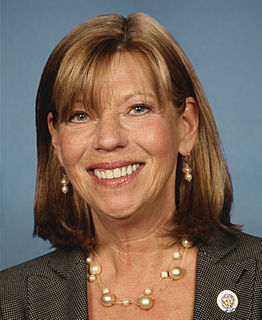A Quote by Gemma Chan
Our whole economy and society is already being changed by the fact that we have increasing unemployment, mass unemployment and that's what we're facing in the future because of increasing automation.
Quote Topics
Related Quotes
Extrapolated, technology wants what life wants:
Increasing efficiency
Increasing opportunity
Increasing emergence
Increasing complexity
Increasing diversity
Increasing specialization
Increasing ubiquity
Increasing freedom
Increasing mutualism
Increasing beauty
Increasing sentience
Increasing structure
Increasing evolvability
By 2018, automation is going to be in full swing in the United States and around the world. There are estimates that it could replace 50 percent of our jobs. That is an enormous shift. But even if we go through a phase where we have an unemployment valley from automation, there will be new jobs and new things for us to do.
Because tax cuts create an incentive to increase output, employment, and production, they also help balance the budget by reducing means-tested government expenditures. A faster-growing economy means lower unemployment and higher incomes, resulting in reduced unemployment benefits and other social welfare programs.


































